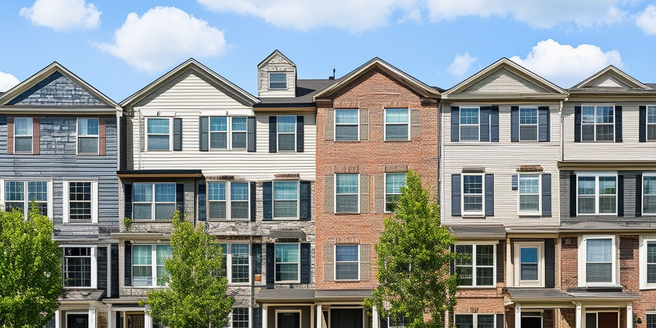Understanding the Basics of the Housing Choice Voucher Program
The Housing Choice Voucher Program, often known as Section 8, significantly aids eligible low- and moderate-income families to afford private market rental housing by providing financial assistance. This program acts as a lifeline, helping to close the economic gap that may prevent these families from accessing safe, suitable housing.
Participants are granted discretion to select any housing that meets the program’s criteria, giving them a say in their living conditions and enhancing their quality of life by allowing them to choose a home that fits their lifestyle.
Lastly, the program is not merely about financial aid. It recognises the milieu of low- and moderate-income households, providing stability and assuring them despite economic insecurities. It empowers these families with the right to live in dignity, the choice of secure housing in the usually expensive private market, and the eventual wellbeing while navigating this market. The program is crucial for the security and wellbeing of these households.
How to Apply for a Housing Choice Voucher
You can apply for a Housing Choice Voucher at your local Public Housing Agency (PHA), which manages applications and checks eligibility. They consider factors like income level and family size, among other situation-specific factors. The program is means-tested, meaning your income level is crucial in determining eligibility; particularly, if your income is less than 50% of your area’s median, you’re likely to qualify. Larger families might have higher chances due to increased housing needs. Other aspects, such as previous housing history and current living conditions, could also influence eligibility. After careful review, if deemed eligible, you’ll be placed on a waiting list – it’s advised to apply as soon as possible, as wait times can be extensive.
The Role of Public Housing Agencies in the Voucher Program
Public Housing Agencies, often referred to as PHAs, manage the Housing Choice Voucher Program. They assess, evaluate and certify a family’s eligibility based on financial health, household size, and other variables to determine qualification for the program. Beyond determining family suitability, PHAs also inspect rental properties to ensure they meet health and safety standards. PHAs have the obligation of ensuring continued adherence to regulations, maintaining healthy and safe living conditions and avoiding potential hazards for tenants. They ensure the properties under their care are habitable and that landlords comply with the outlined rules. The PHAs are not just mediators between landlords and tenants, but active participants in a system designed to ensure adequate housing for all. Hence, the PHAs play a pivotal role in maintaining the integrity of the Housing Choice Voucher Program.
Determining Your Eligibility for the Housing Choice Voucher Program
The Housing Choice Voucher Program’s eligibility is predominantly determined by a person’s income level, though it does not end there. It further includes understanding other circumstances surrounding the interested party. Key factors that can influence eligibility include the size of your family, with the number of members directly affecting the level of assistance you can receive. Your immigration status is significantly considered as the program must comply with local and national legal frameworks on benefits to residents and immigrants. Additionally, your current living conditions, such as instances of displacement, homelessness, or inadequate housing, are also vital to the assessment. The local Public Housing Agency (PHA) conducts an exhaustive assessment, accounting for various factors to ensure qualified individuals or families receive the help they require. It extends beyond income, seeking to address the need for quality housing from a broader perspective.
Advantages and Challenges of the Housing Choice Voucher Program
Obtaining a Housing Choice Voucher can enhance your housing options and provide flexibility in an often rigid housing market, allowing you to choose from a wide range of residences. However, finding a functional, decent housing unit that accepts these vouchers and also strictly adheres to the program’s standards can be challenging. Not only must a potential home fall within budget, but it must also meet specific safety and health guidelines. Not all landlords accept these vouchers due to personal preferences, misconceptions about the program, or unfamiliarity with its workings, which can further complicate the search. Despite these challenges, the goal remains to secure an affordable residence that meets all necessary criteria as per the Housing Choice Voucher program.



